

The nose should be considered as a functional unit beyond being an aesthetic structure. Separating aesthetics and function in rhinoplasty is an important mistake in terms of obtaining healthy and natural results. Form and function are complementary elements and both aspects should be in balance.
Nasal structures should not be evaluated separately. Changes in the dorsum of the nose, nasal tips and any intervention in the septum may affect the entire nasal structure. Therefore, it should be taken into consideration that each change will affect each other aesthetically and functionally.
To achieve successful results in rhinoplasty, it is critical to understand the dynamic relationship of the components. By establishing the right balance between correction of the nasal skeleton and soft tissues, natural and pleasing results can be achieved without surgical scarring. This approach is based on the philosophy of preserving tissues and repositioning them when necessary. As a result, a functional nose can be achieved where function is not sacrificed for the sake of shape.
The Let Down technique is an effective approach used in rhinoplasty. The key to a successful rhinoplasty lies in the nasal septum. Proper alignment of the septum ensures stabilization of the center of the nose. The Let Down technique makes it possible to correct the problems found in the septum by preserving the natural connection between the nasal ridge and the bone structure, cartilage tissue and lobule. This technique aims at aesthetic and functional improvement of the nose without disturbing the natural structure.
In the Let Down technique, the face and nose are fully evaluated. The basis of success in rhinoplasty is correct diagnosis. For this reason, a detailed evaluation process is required before the surgical procedure. The evaluation includes the patient’s preoperative photographs, nasal videoendoscope results and a complete clinical examination. This process is one of the important factors that directly affect the success of the operation.
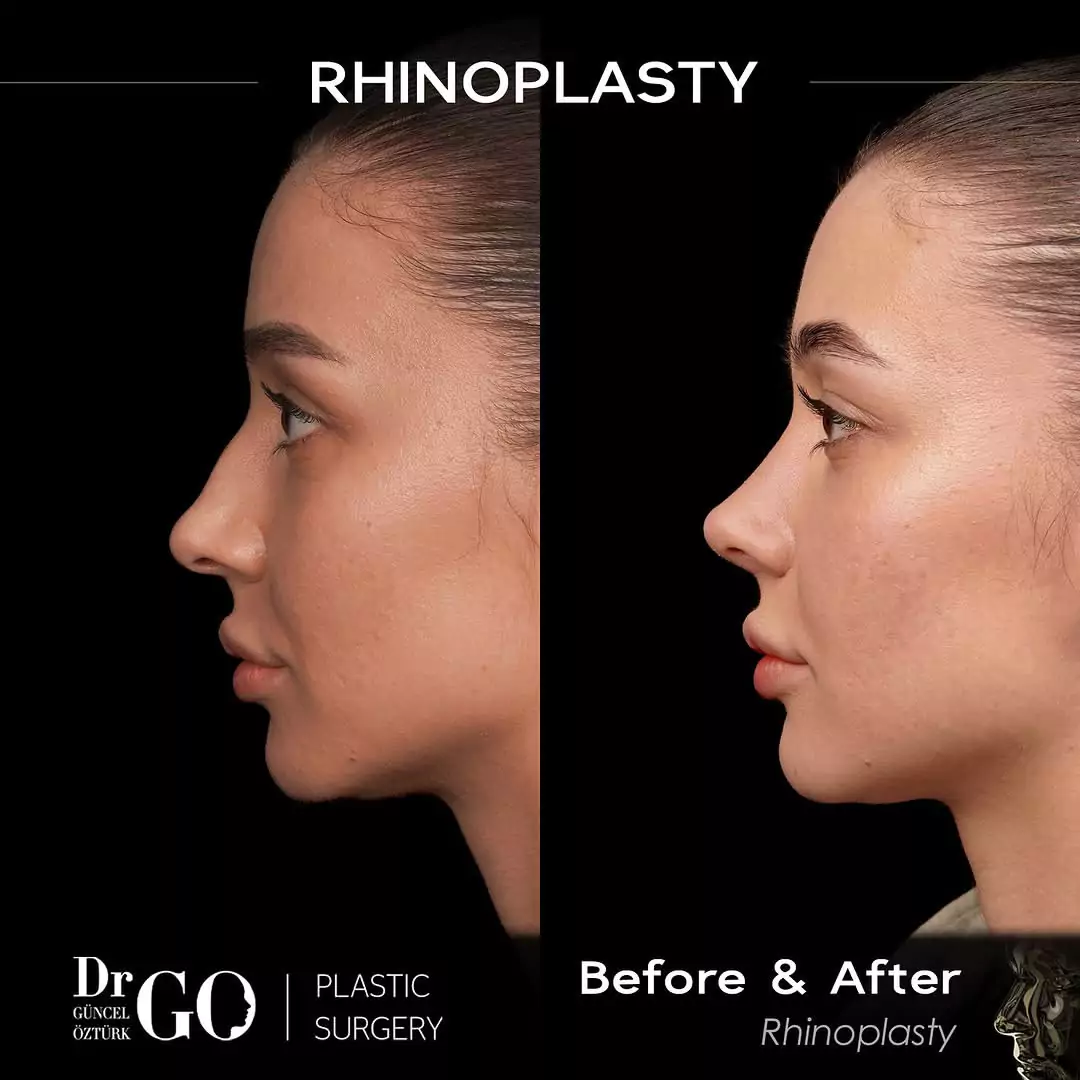
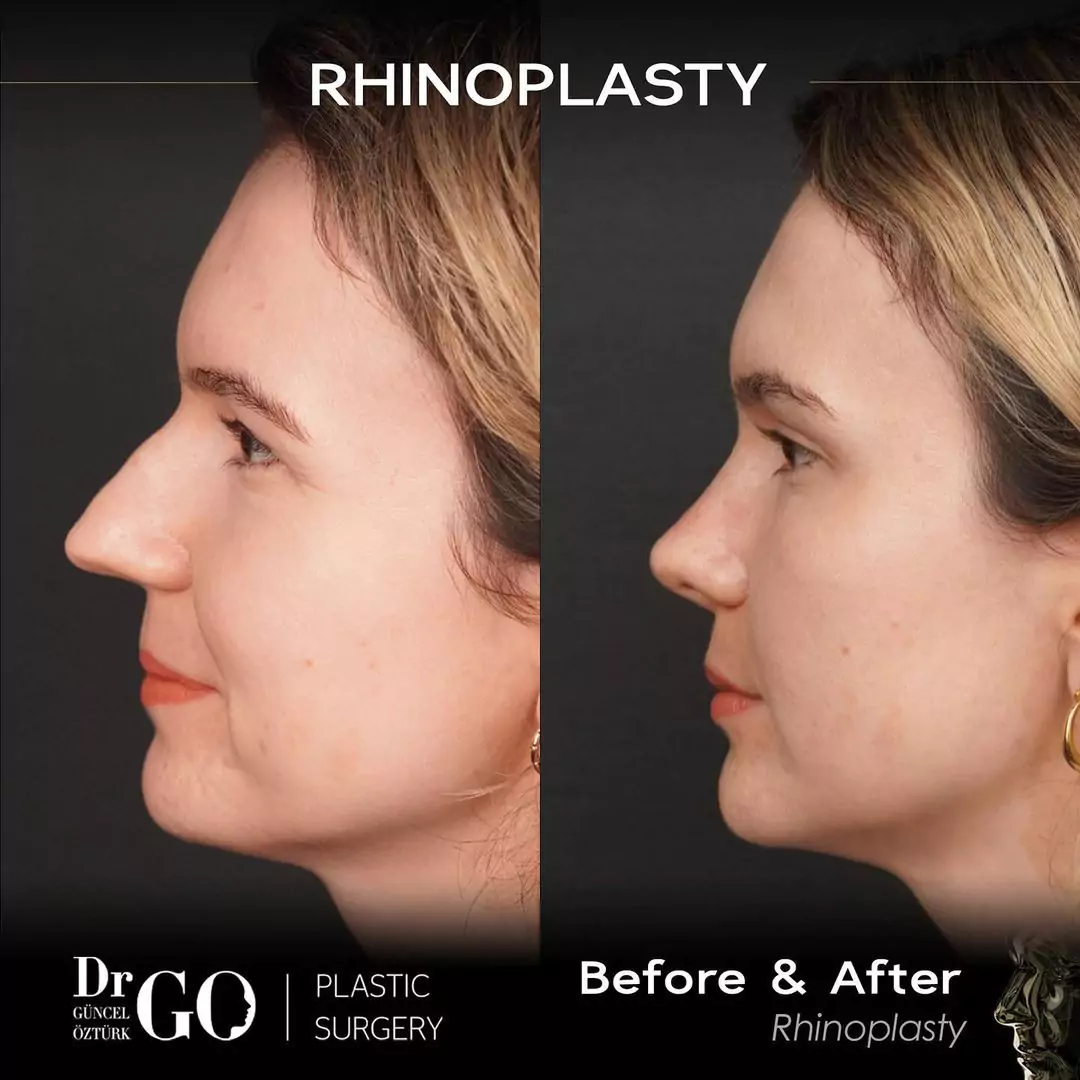
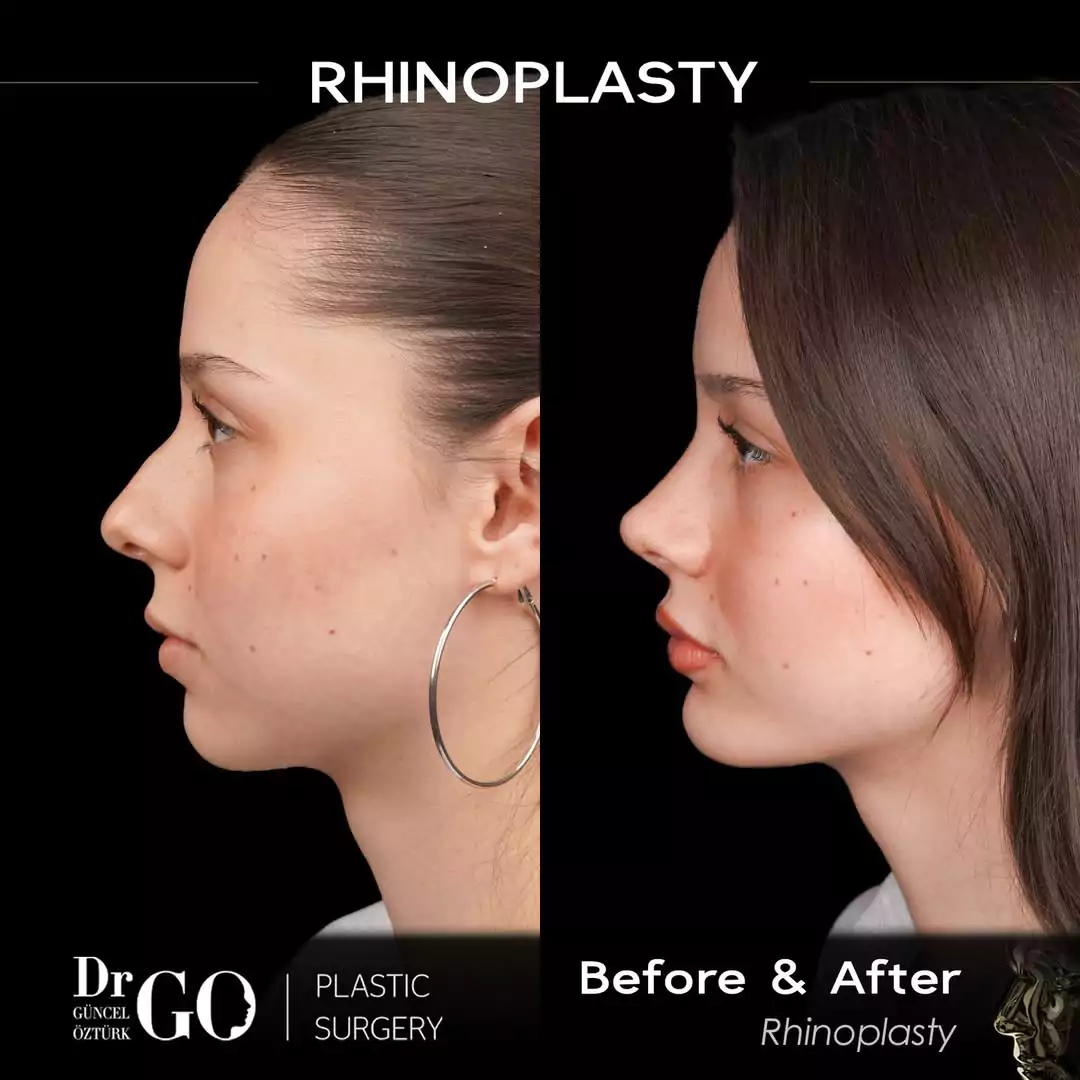
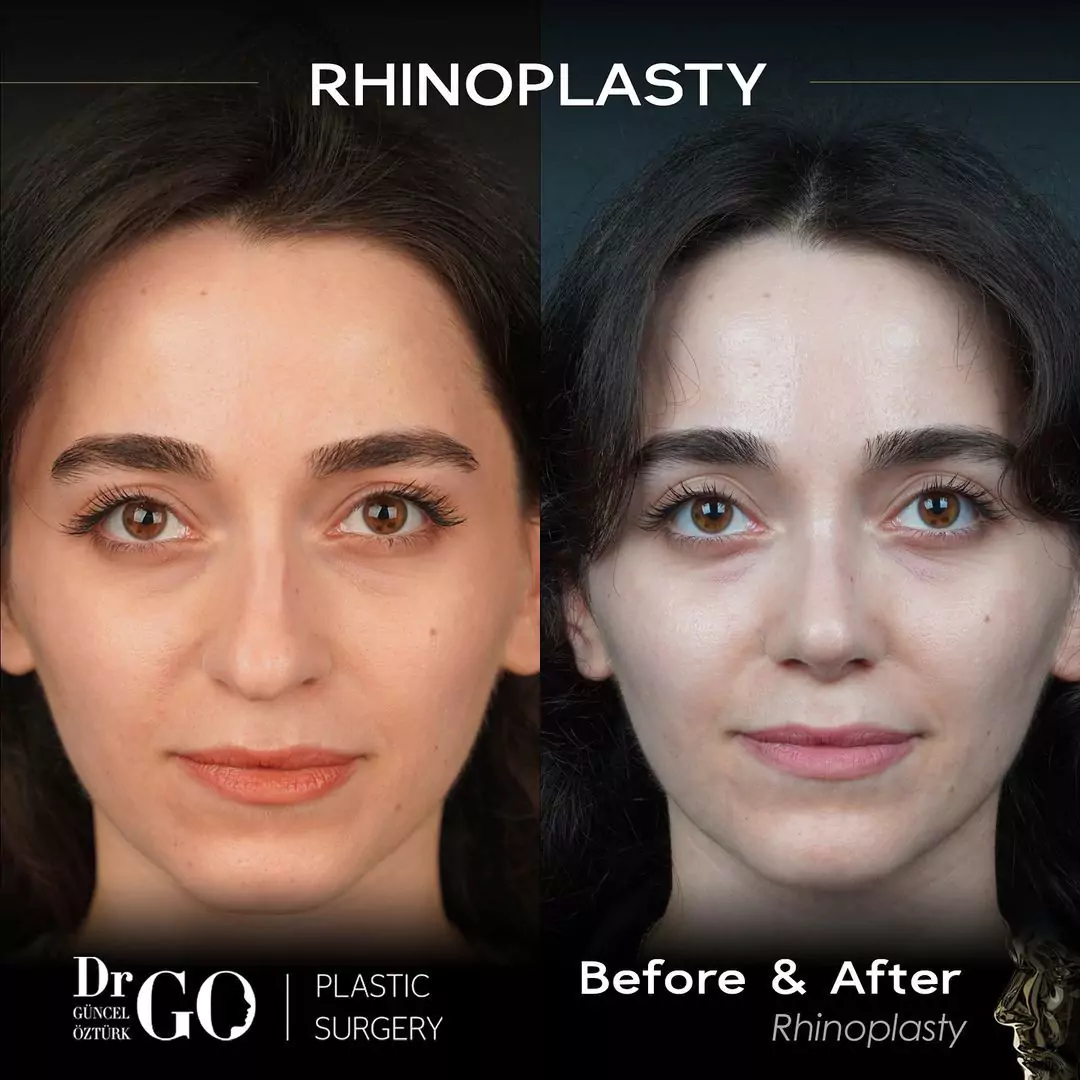
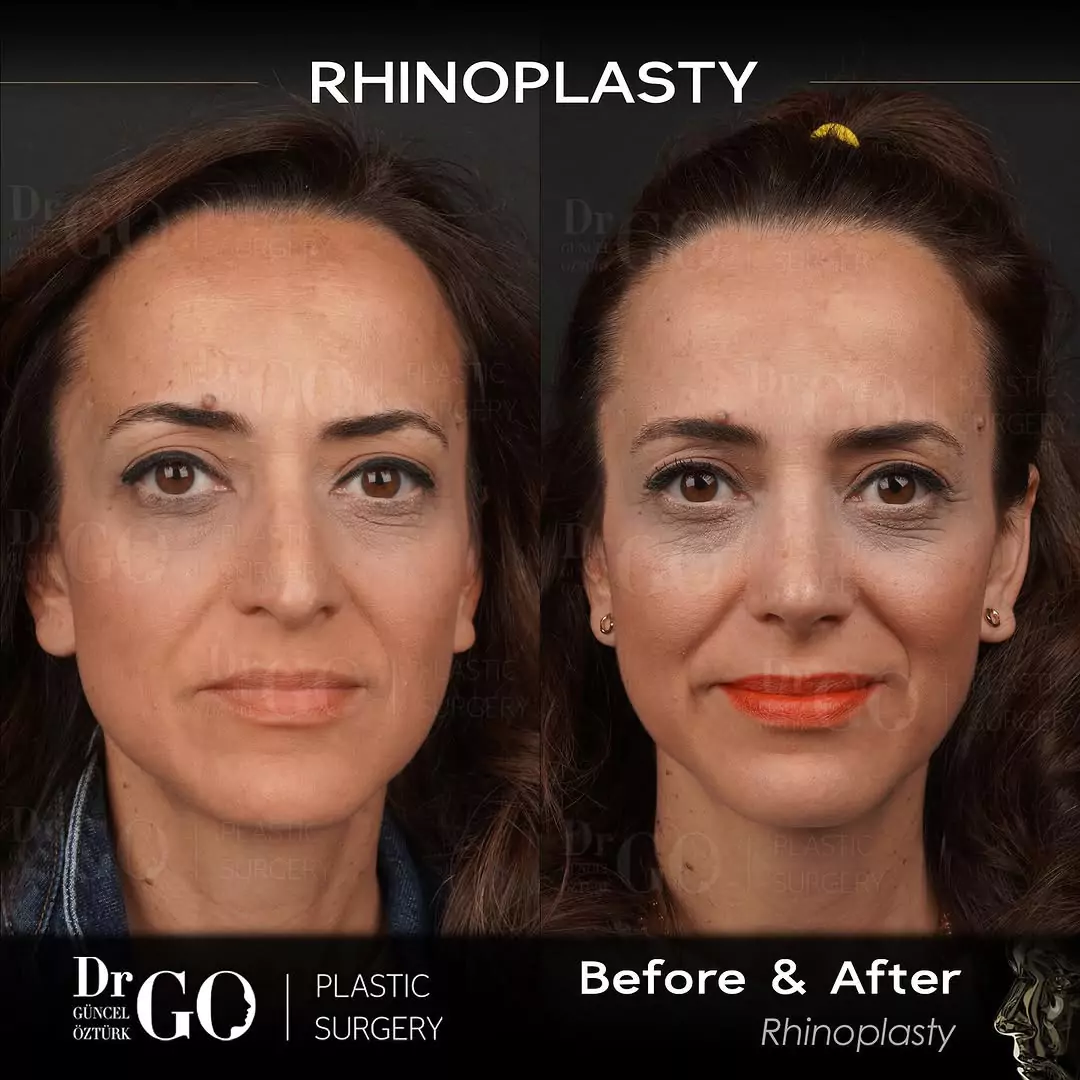
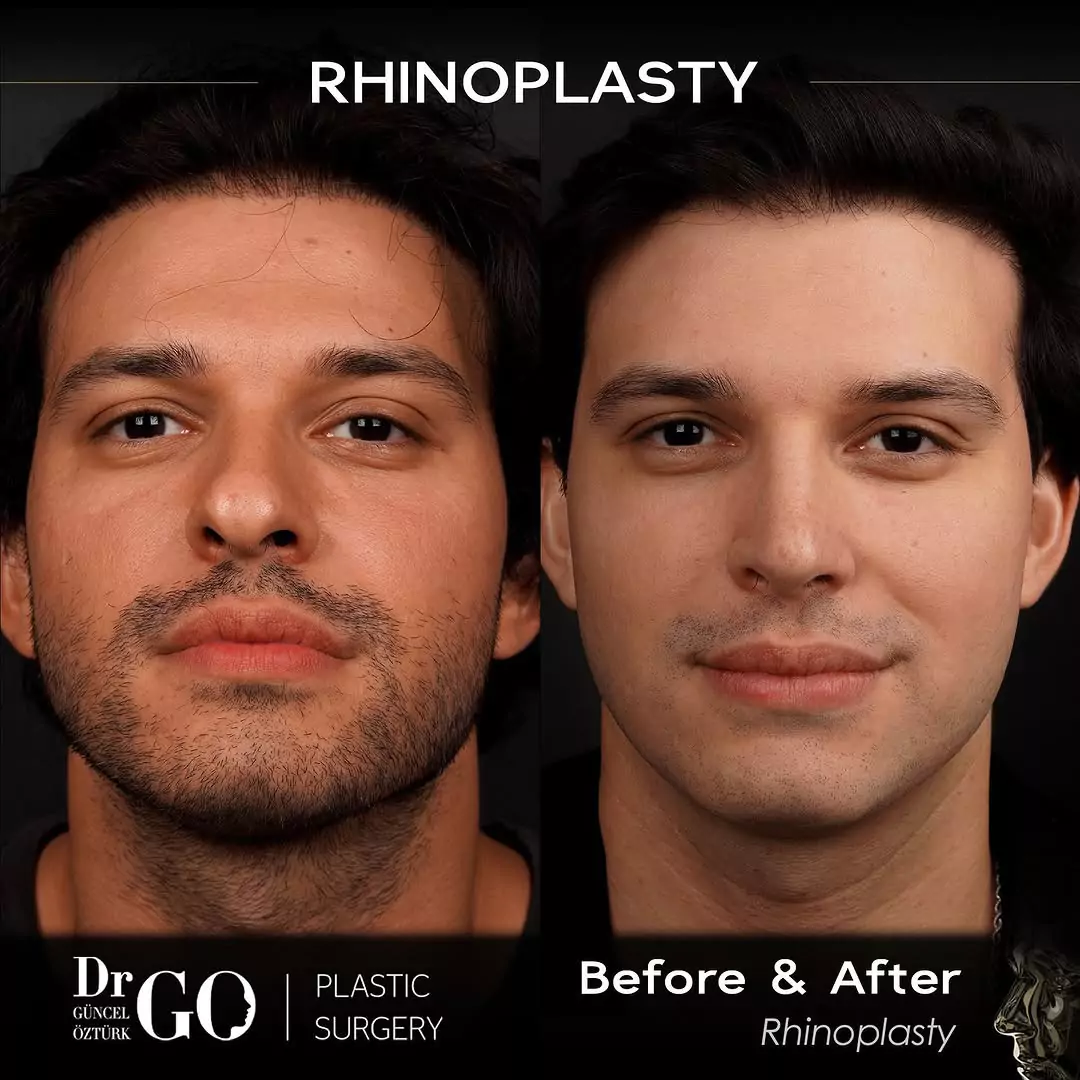
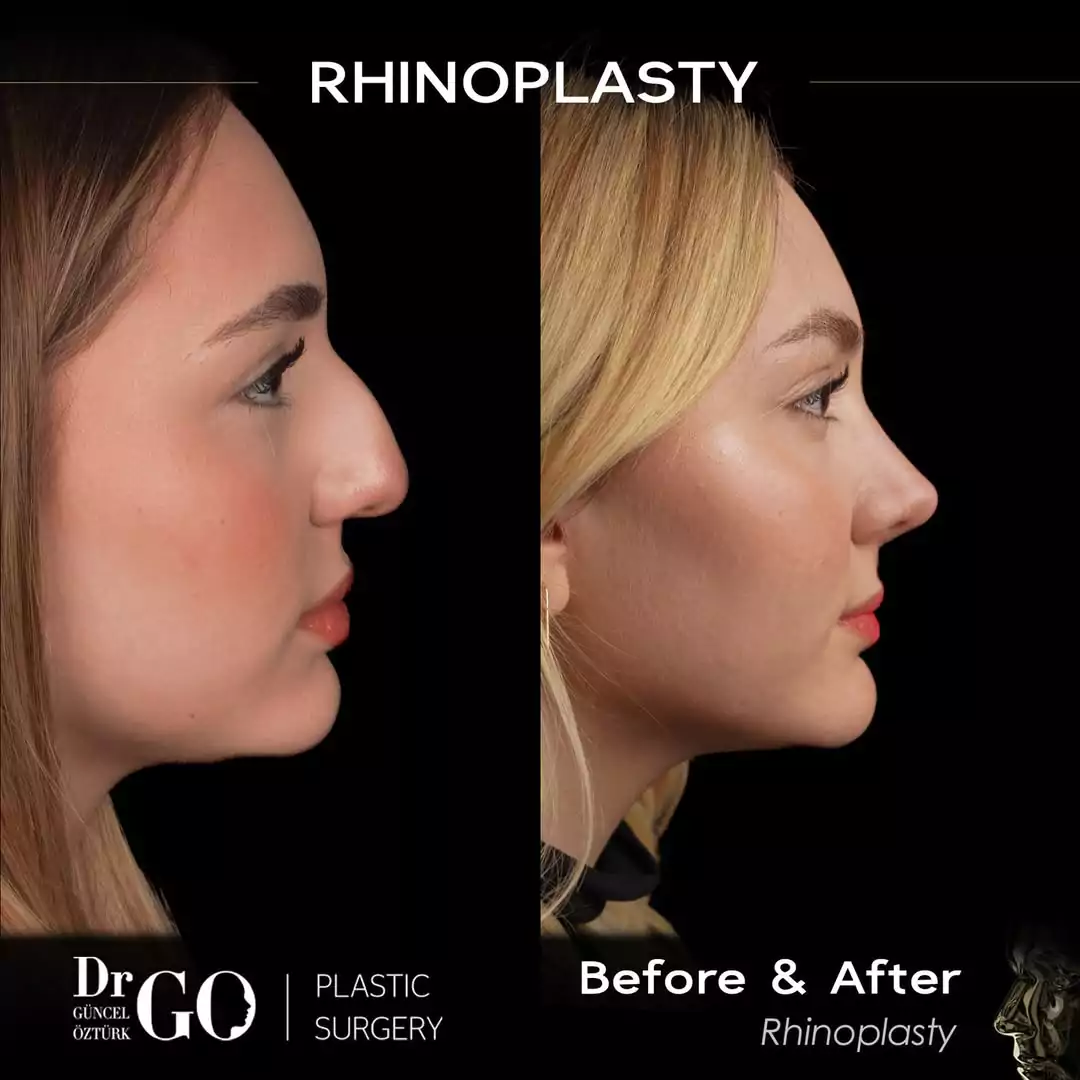
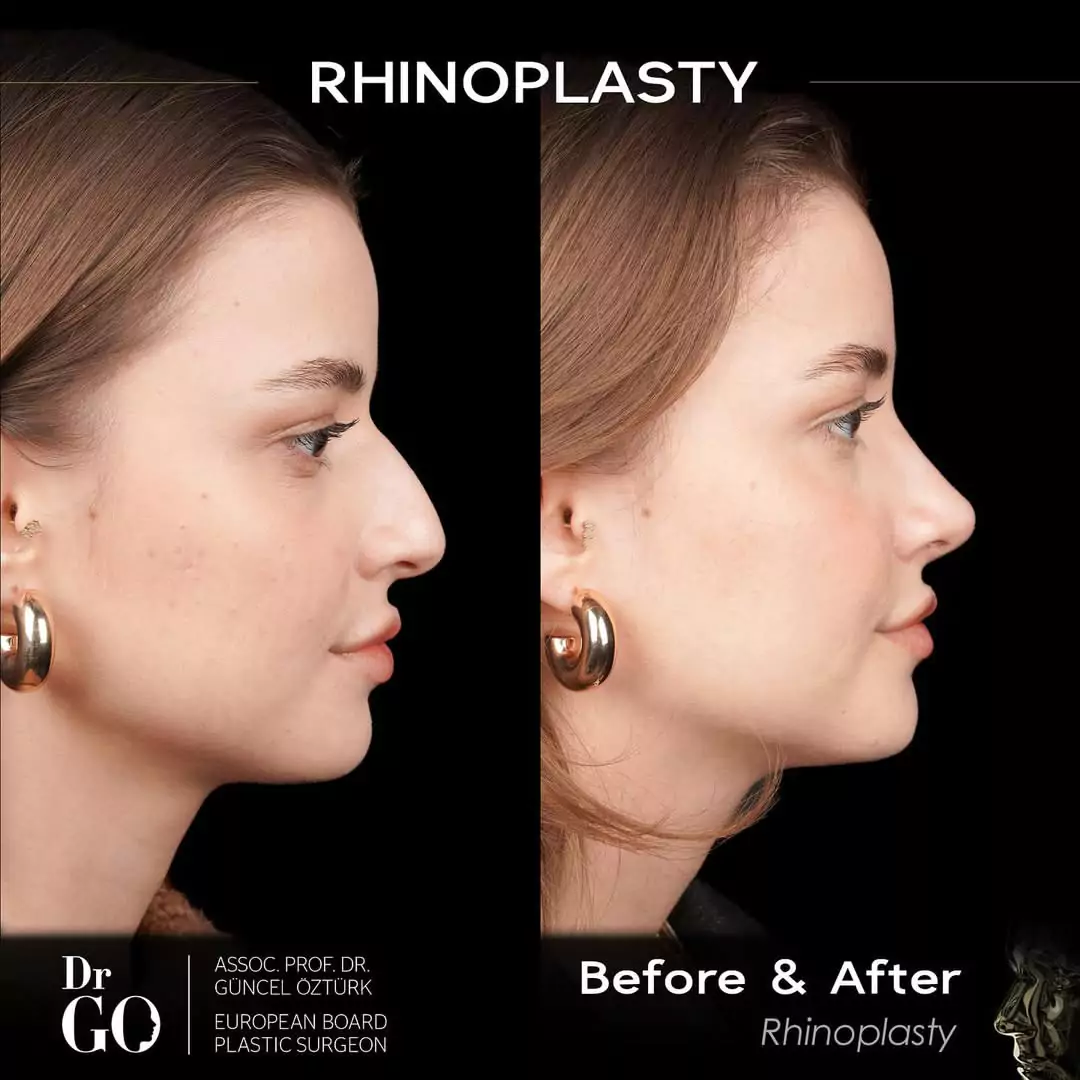
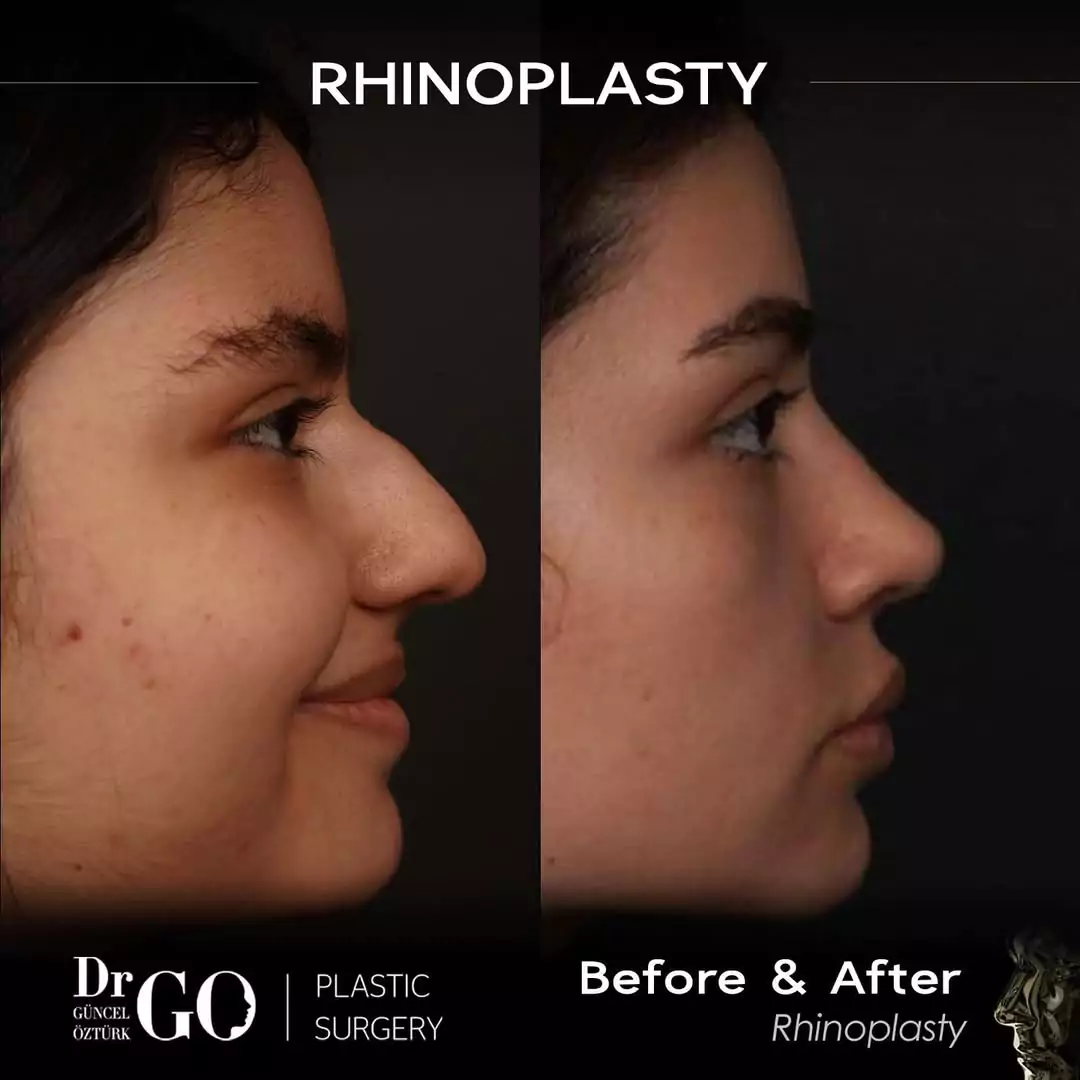
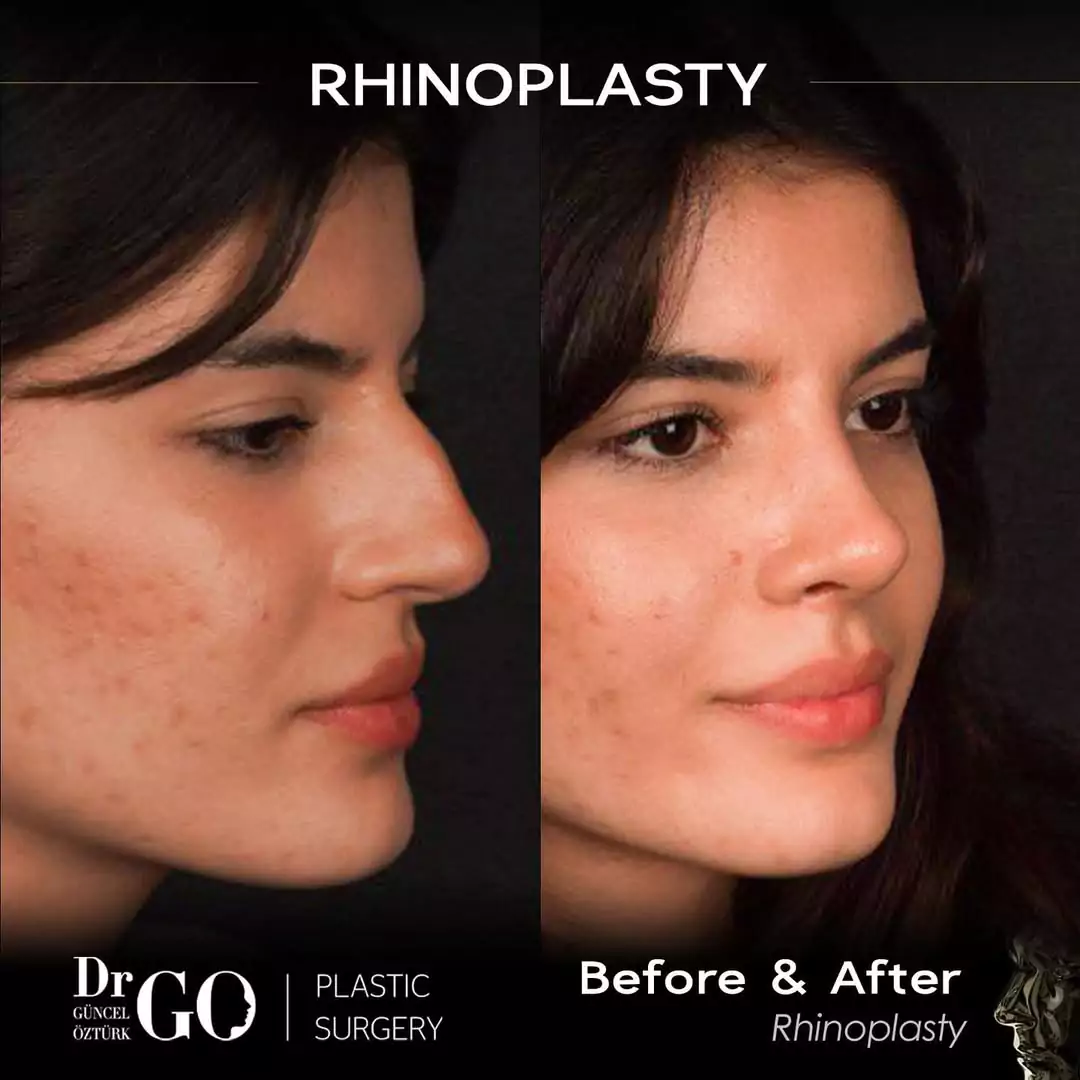
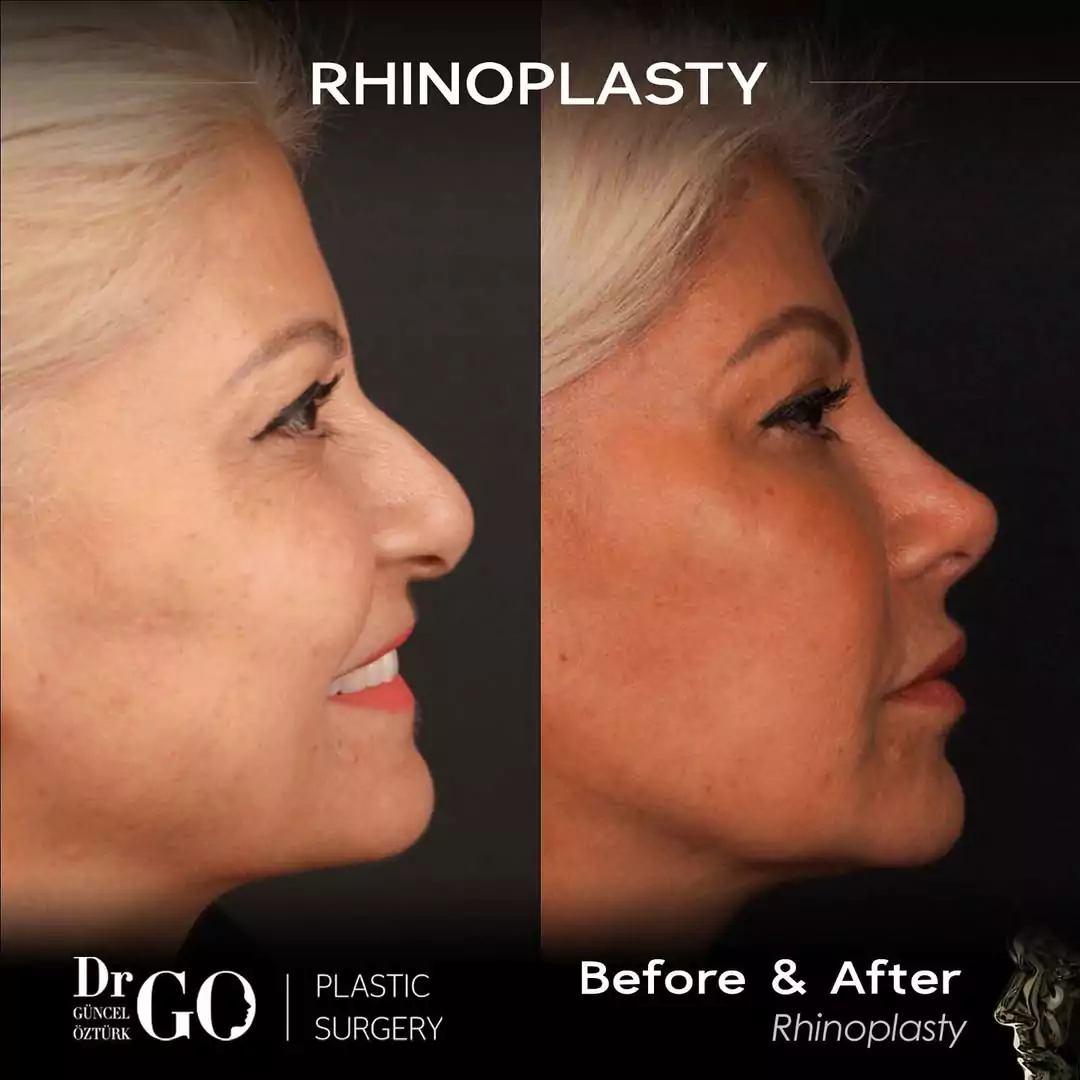
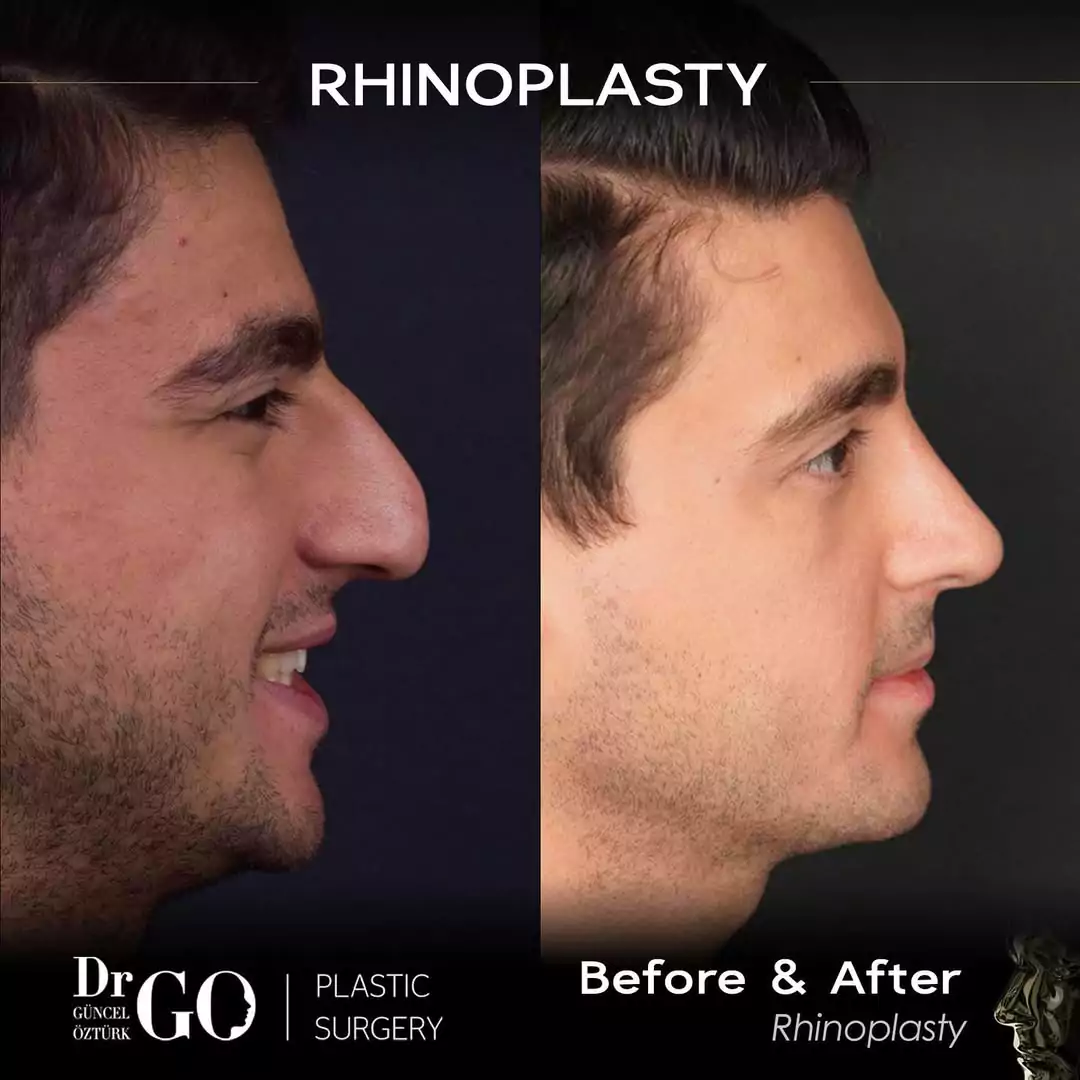
Before Let Down rhinoplasty, the structure of the nose should be evaluated in detail. The bony and cartilaginous nasal pyramid is an important element that needs special attention. At this stage, it is checked whether the nasal midline is correctly aligned, whether the nose is high and tense, whether there is any deviation towards the right or left side. In addition, the presence of septal cartilage pathology is examined. If this pathology has caused asymmetry and deviations in the nasal structure, the relationship of the upper lateral cartilages (ULC) and lower lateral cartilages (LLC) with the septal cartilage is evaluated.
Once the pathology has been identified, an integrated diagnosis and individualized planning is carried out. A successful septorhinoplasty involves correct alignment of the septum, release of coronal and axial tension, and central stability of the nose.
The Let Down technique is usually performed with a closed technique and takes an average of 2 hours. This procedure is performed under general anesthesia. By preserving the connective tissues in the nose, the nasal bone and cartilage structures are corrected. Since the incisions are made inside the nostrils, there is no scarring on the outside. During the operation, a splint is placed on the back of the nose and a protective band is placed under the splint. Patients usually stay in the hospital for one night after the operation.
The recovery time after Let Down rhinoplasty is faster. Patients can usually return to their normal work life within 7 days. Bruising is quite rare and if it occurs, it heals quickly. Swelling may increase in the first 48 hours, but this swelling decreases rapidly. Postoperative pain levels are low and mild aching pain can be easily controlled with painkillers.
The general rest period for patients is around one week. It is necessary to take care to rest during this period. After the first week, light-paced sports can be started gradually.
When applied correctly, the Let Down technique provides aesthetically satisfying results while preserving the function of the nose.
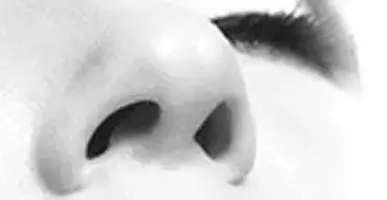
It is still an old habit of our patients. ... Read More
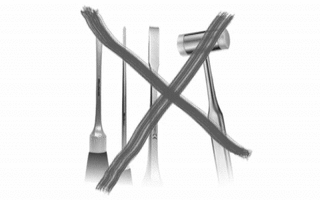
With the rapidly advancing and developing technology... Read more
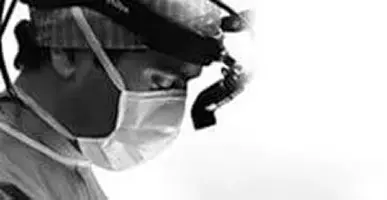
Depending on the structure of the nose, it used to be a nose... Read more
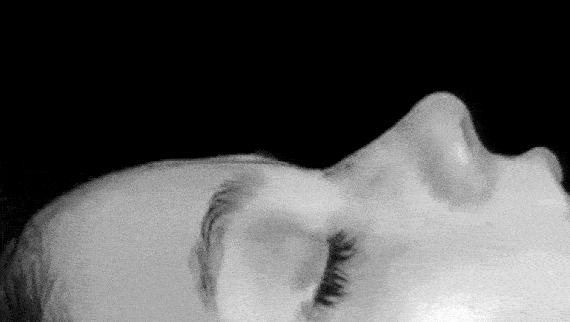
Nose aesthetics, ie rhinoplasty, is one of the most common surgical procedures in aesthetic surgery... Read more
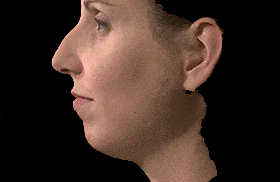
With the old habit, it is still one of our patients... Read more

In aesthetic nose operations, the nose of the patients... Read more

One or more nasal operations... Read more

Composite rhinoplasty, rhinoplasty surgeries... Read more
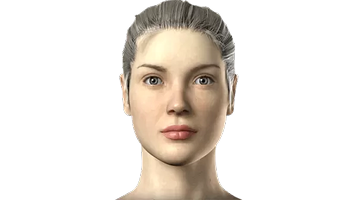
Finesse rhinoplasty is a procedure in which a patient's nose... Read more
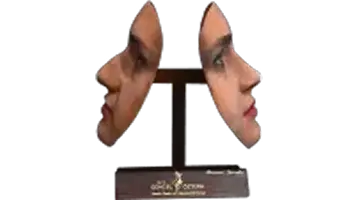
Nose aesthetics, ie rhinoplasty, is the most common procedure in aesthetic surgery... Read more
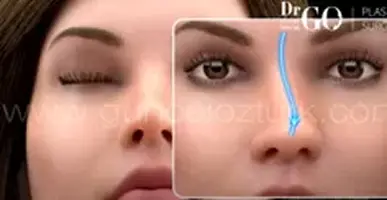
Rhinoplasty is usually performed with cosmetic concerns... Read more

My book The Art of Nose came out from Doğan Book House... Read more
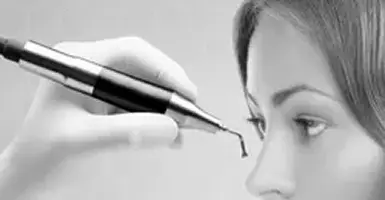
Technological advances in minimally invasive surgery... Read more
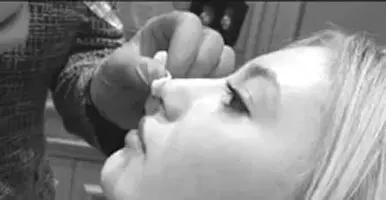
Also known as non-surgical rhinoplasty... Read more
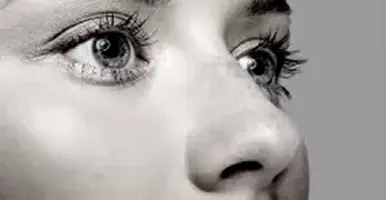
Partial cartilage and bones in the nose... Read more

Rhinoplasty, usually performed with cosmetic concerns... Read more


In 2003, he graduated from Istanbul University Cerrahpaşa Faculty of Medicine and received the title of Doctor of Medicine.




Copyright © 2026 Tüm Hakları Saklıdır.
SEO:
